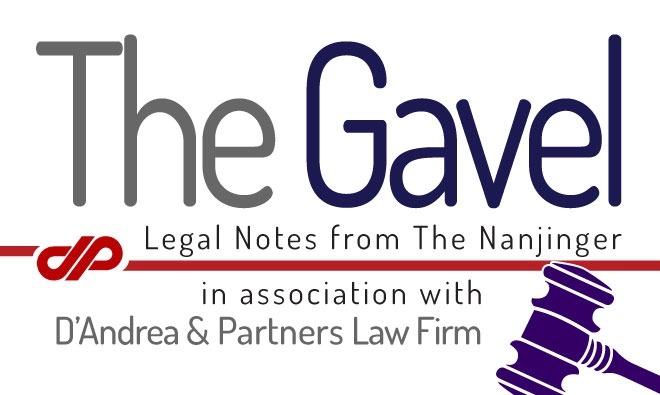Before you came to China, you must have been given some advice regarding Do’s and Don’ts in China. Among the advice, wasn’t there a piece of advice not to help a fallen aged man/woman, unless you are rich?
There have indeed been cases of “helping the elderly” that caused significant repercussions in China, in which the defendants all claimed they were just helping the fallen to get up. They ended up being sued. The results of subsequent rulings were not in the defendants’ favour.
However, in one of the most influential cases, the defendant admitted a few years later that he really did hit the elderly person, while in the other cases, there was indirect evidence showing that the plaintiffs’ injury was indeed related to the defendants’ behaviour. They (the defendants) were not as innocent as they first appeared.
Of course, it is undeniable that some people who have acted as good samaritans have been sued for compensation in China. In the past two years, however, most cases have been clarified either by cameras or witnesses, but there were still a small number of the disputes couldn’t be clarified.
Then should we help or not help when we see someone who obvious is in need?
In China, the general civil litigation burden of proof is “who advocates, who proves”, whereby the parties concerned shall be responsible for providing evidence to prove the facts on which their own allegations are based, or the facts on which the allegations of the other party are refuted.
Where any party cannot provide evidence or the evidence produced cannot support the facts on which the allegations are based, the party who bears the burden of proof shall pay the consequences. In other words, if the fallen wants to claim against you, they need to prove that their fall and the injury was caused by you; if the counter party cannot prove it, the court shall not order you to bear the liability.
However, it is important to note that the situation is different if you are driving a vehicle. In traffic disputes between a motor vehicle and a non-motorised vehicle or pedestrian, the burden of proof is inverted, which means, the motor vehicle driver can only reduce their liability by proving that the other party is in the wrong
From the legal point of view, unlike some countries, helping people in need is not a legal obligation of citizens but the traditional morality in China, so we should help from the moral point of view. China’s legislators are furthermore promoting and encouraging this good ethos in the form of legislation. In accordance with Article 184 of the General Principles of Civil Law of the People’s Republic of China issued on 15 March, 2017 (effective from 1st October, 2017), in the case victim damage caused by voluntary implementation of emergency relief, the rescuer shall be exempt from civil liability.
Therefore, from a humane and moral point of view, it is still suggested to give a hand to someone in need. From the legal point of view, if you are concerned about potential risk, you can do the followings before entering the fray:
(i) Ask other people nearby to assist you, or at least get their attention so they may become potential witnesses in the future;
(ii) Call 110 for police or 120 for emergency ambulance before you get close;
(iii) Take pictures or video before you get close;
(iv) If you are driving a vehicle, make sure to park your car at a distance from the scene.
This article is intended solely for informational purposes and does not constitute legal advice. Although the information in this article was obtained from reliable official sources, no guarantee is made with regard to its accuracy and completeness. For more information please visit dandreapartners.com or WeChat: dandreapartners.









